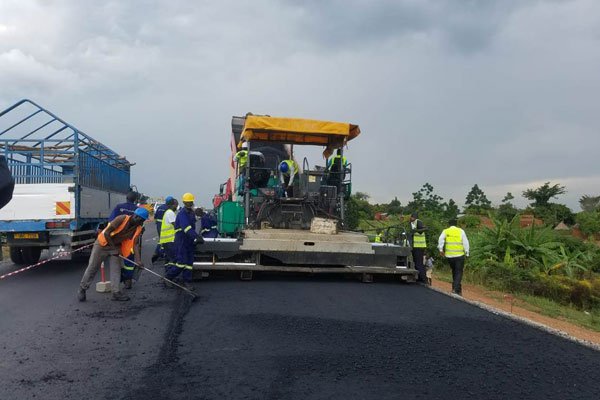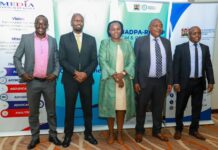By Nina Mitch
The Board of Directors of the African Development Bank approved additional funding of EUR 12.33 million for the ECOWAS Commission to cover part of the costs associated with the study of the project to develop the Abidjan-Lagos motorway corridor.
This corridor links the capitals of five West African states – Côte d’Ivoire, Ghana, Togo, Benin, and Nigeria – and covers some 1,028 km and eight border posts. The current route of the corridor crosses the major economic centers of the five participating member countries, from Bingerville in the suburbs of Abidjan to Mile 2 (Eric Moore) in Lagos.
The Abidjan-Lagos project, an important regional corridor for trade and transport, provides the link between economically dynamic cities in Africa, namely Abidjan, Accra, Cotonou, Lomé, and Lagos. Its aim is to strengthen trade and integration in West Africa, including by providing maritime port access to landlocked countries.
West Africa’s transportation sector plays a key role in the development of the economy of the region and generates about 5 to 8 percent of its gross domestic product. However, the lack of physical and non-material infrastructure significantly reduces its impact on regional economic growth. The strategic importance of this project is that the Abidjan-Lagos axis accounts for nearly 75% of subregional trade activities.
 This road axis joins other corridors along the North-South axis and links landlocked countries such as Burkina Faso, Mali, Niger, and Chad. It not only links the most densely populated and economically active areas of the West African sub-region, but it also crosses a railway network and reaches the main ports and airports.
This road axis joins other corridors along the North-South axis and links landlocked countries such as Burkina Faso, Mali, Niger, and Chad. It not only links the most densely populated and economically active areas of the West African sub-region, but it also crosses a railway network and reaches the main ports and airports.
The Abidjan-Lagos Corridor is a flagship project of the Program for Infrastructure Development in Africa (PIDA), a continental initiative of which the African Development Bank is the implementing body. It is a component of the extensive Dakar-Lagos coastal corridor project and is an important part of the trans-African road network in the ECOWAS region.
It was at the 44th ECOWAS Summit in March 2014 that a treaty on the implementation of the corridor was signed. The ECOWAS Commission, on behalf of the five-member countries concerned, had requested the Bank’s support for the financing of the preparatory studies for the completion and management of the Abidjan-Lagos highway corridor project. The Bank’s total contribution for this flagship project is EUR 22.4 million.














